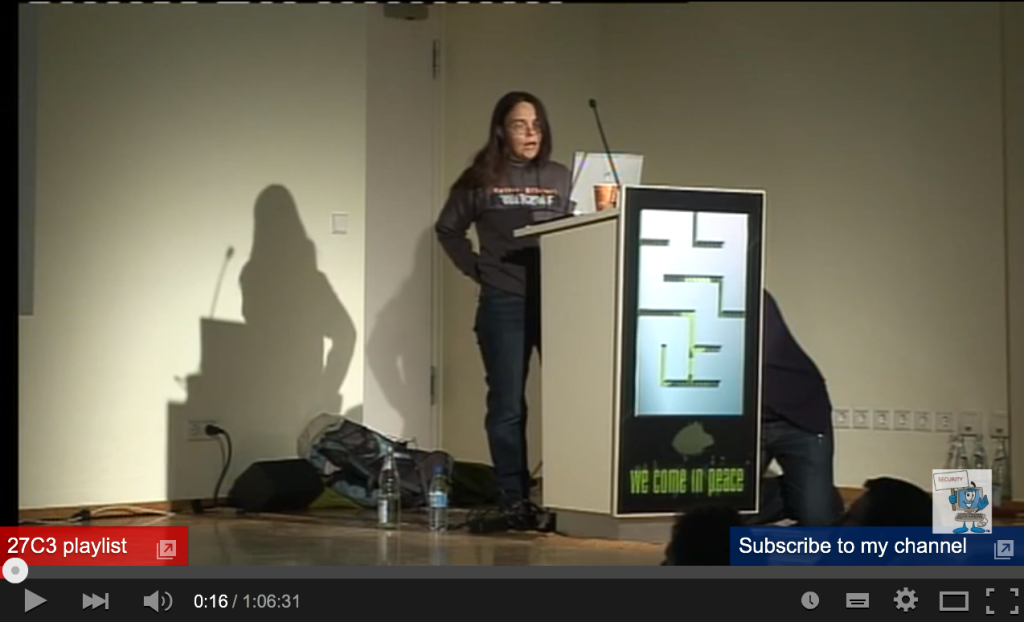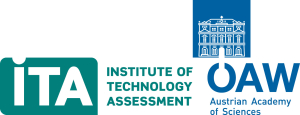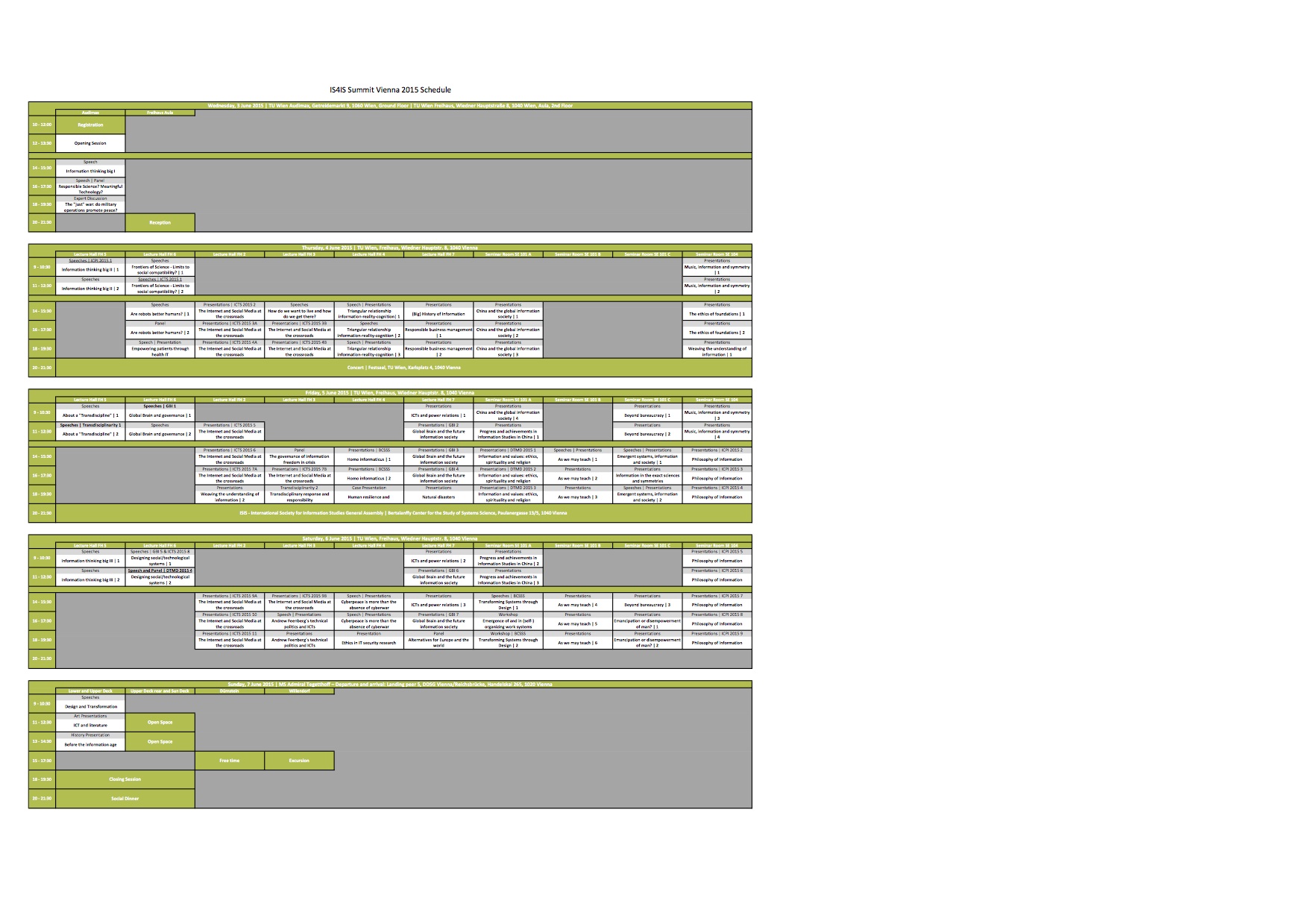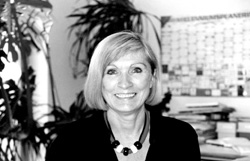Though government representatives shun away and people forget, investigative journalism has picked up the ball. It’s still on the agenda: the Snowden leaks.
It’s an ironic coincidence that in a town that stood in the focus when Wikileak’s Julian Assange set the U.S. on a wrong track and a presidential aircraft coming from Moscow had to undergo a stop and search for a stowaway, a conference on the information society puts its focus on the role IT has in political, military, and business contexts. (Among others, last autumn an Austrian journalist, Erich Moechel, who has written long time ago about Echelon, supposedly revealed the location of the “Vienna Annex” mentioned in the Snowden documents – an NSA communication interception station of a special kind: From the peak of the IZD Tower the headquarters of the United Nations in Vienna are under control, for example, the IAEA.)
We welcome Mrs. Sylvia Johnigk, a computer scientist, who has been working since long in IT security projects and is now running her own consulting firm based in Munich. She will give us insights in what the Snowden leaks really mean for everybody.

Sylvia Johnigk about INDECT (screenshot: https://www.youtube.com/watch?v=9jerN8iSXCc)
Her talk is scheduled for Saturday, 6 June, 2015, 16:00. She will talk in the Track Cyberpeace is more than the absence of cyberwar.
Surveillance is, of course, a topic for other speeches, tracks, and streams. IT security issues are also raised by co-workers of the sba-research, a spin-off from Prof. A Min Tjoa’s Institute of Software Technology and Interactive Systems (ISIS) at the TU Vienna. They will present investigations in how ethical problems are treated (or not): Ethics in IT security research.
![]()
The Institute of Technology Assessment of the Austrian Academy of Sciences organises three sessions dealing with that context that makes I(C)T(s) instrumental for surveillance – the power context: ICTs and power relations.
There is a Track Emancipation or disempowerment of man with two sessions, another variation of the theme, under the responsibility of the Department of Systems Analysis from the University of Economics Prague.
And there is a whole stream – ICTS 2015 – that endorses a critical perspective on the internet.













